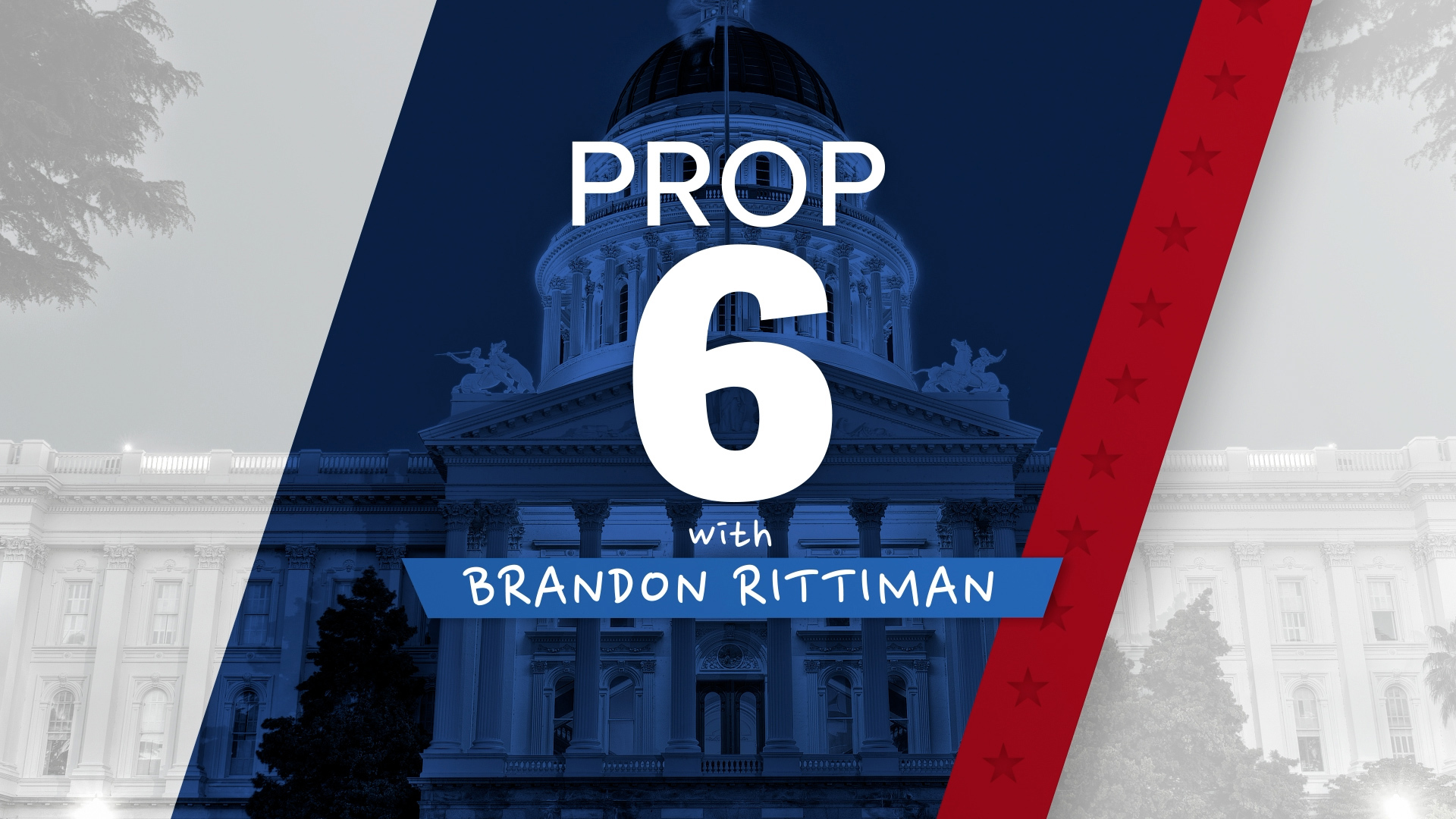CALIFORNIA, USA — Proposition 6 would amend the California Constitution to prohibit the state from punishing inmates with involuntary work assignments and from disciplining those who refuse to work.
Instead, state prisons could set up a volunteer work assignment program to take time off sentences in the form of credits. It would let county or city ordinances set up a pay scale for inmates in local jails.
The measure’s potential costs remain unknown and a point of contention, though a related law says compensation would be set by the state corrections department.
Why is it on the ballot?
California wasn’t a slave state, but it does have a history of forced labor. Lawmakers created a reparations task force and directed it to address historical inequities that harmed Black residents. The task force recommended changing the state constitution to prohibit any form of enslavement as one of the 14 key priorities this session.
Legislators considered a similar measure in 2022, but support tanked after the California Department of Finance estimated that it would cost about $1.5 billion annually to pay minimum wage to prisoners. This year’s amendment has the voluntary work program as a way to get around that issue.
Of about 90,000 inmates, the state’s prison system employs nearly 40,000 who complete a variety of tasks such as construction, yard work, cooking, cleaning and firefighting. Most of them earn less than 74 cents an hour, although inmate firefighters can earn as much as $10 a day. California’s minimum wage is $16 an hour, and state law permits the corrections department to pay up to half of that rate.
For a deeper dive on this proposition, click HERE.
WATCH ALSO:



















